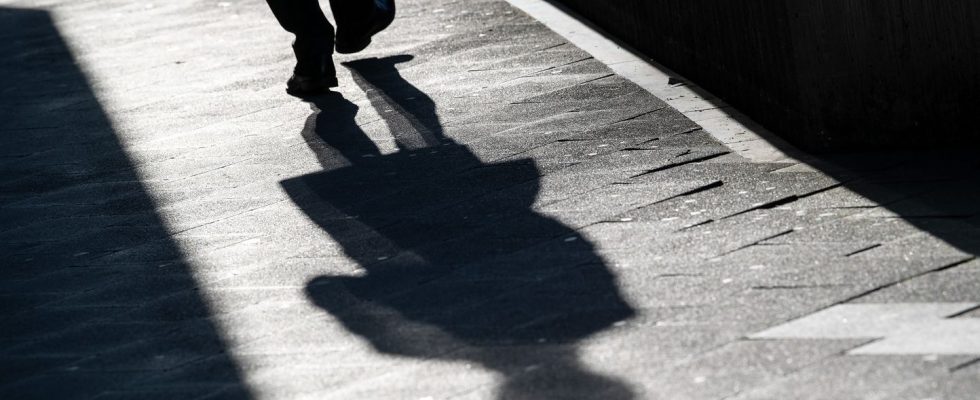The decision, rendered Thursday by the Metz Court of Appeal, has reached the highest levels of the legal world. And for good reason: in the memory of magistrates, never has a man suspected of violence against his ex-wife and his two sons been acquitted in the name of a so-called “right of correction”. “Every parent is recognized as having the right to use force measured and appropriate to the attitude and age of their child as part of their educational obligation,” wrote the court in its judgment of around thirty pages that 20 minutes was able to consult. “It’s amazing,” protests Mr. Jérôme Tiberi, who defends children. If the court had mentioned a lack of elements to acquit him with the benefit of the doubt, we could have heard it but there, it is written in black and white that the children’s word is not called into doubt. »
If the magistrates mentioned in their judgment article 371-1 of the Civil Code which affirms that parental authority must be exercised without violence – the famous law on “spanking” – they consider that this case does not fall under the “ educational violence”. “Hitting a child is an offense,” insists a high-ranking magistrate. The judgment says it relies on international texts without specifying which ones. Nobody knows where this notion comes from. » Because this right of correction does not exist in the Penal Code. “On the contrary, all forms of violence against a minor are repressed. Even committing violence in the presence of a child is considered a form of violence,” explains Me Jérôme Tiberi.
A substantial sentence at first instance
At first instance, the father – a border police officer – was sentenced to eighteen months suspended prison sentence and the withdrawal of his parental authority. On appeal, the public prosecutor requested the same sentence, particularly with regard to the consistency of the testimony. This was recognized by the court of appeal. “Repeatedly […], [les enfants] reported from their father “big slaps leaving red marks on the cheek”, spankings for stupid things, strangulation, lifting by the collar followed by being slammed against the wall, as well as reflections hurtful, demeaning remarks and insults,” we can read in the judgment.
During the hearing, the man admitted to “just pulling hair from time to time or spanking.” According to him, it was only a “strict” and “rough” education, far from the alleged abuse. “In this case, there are no traces of beatings, no ITT, the psychological assessments show that these children are fine. The court struck a balance between what is in the field of parental authority and what is in that of abuse,” insists his lawyer, Me François Battle.
A position which seems to have convinced the court. The magistrates see, above all in the procedure, a conflict between the parents regarding the exercise of parental authority and insist on the absence of disproportion and “damage”. In its judgment, the court “notes that [les enfants] do not mention spankings, slaps, hair pulling or other gratuitous acts following stupid things they may have done, disobedience or excessive delays in carrying out certain paternal instructions. »
“It’s a leap back fifty years”
What about the suicidal thoughts of the eldest, who was hospitalized in a psychiatric ward? “The court does not have any precise and substantiated information on this point,” sweeps the judgment. And what to think of this text message sent to his ex-wife: “ [L’aîné] was terrible this morning, I smashed it”? An inappropriate term was recognized by the accused but which does not imply, according to him, physical violence. “It’s a leap of fifty years into the past,” protests Jérôme Tiberi. What will be the next step, the right of correction of a husband over his wife? »
The day after the decision, the public prosecutor’s office indicated its intention to appeal to the Supreme Court. Appeal joined by the lawyers of the civil parties. The highest French court will not look at the merits of the case but at the legality of the decision with regard to the rules of law.

